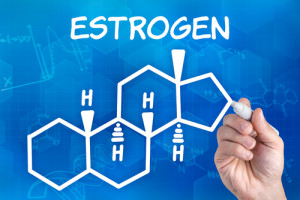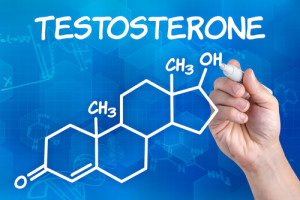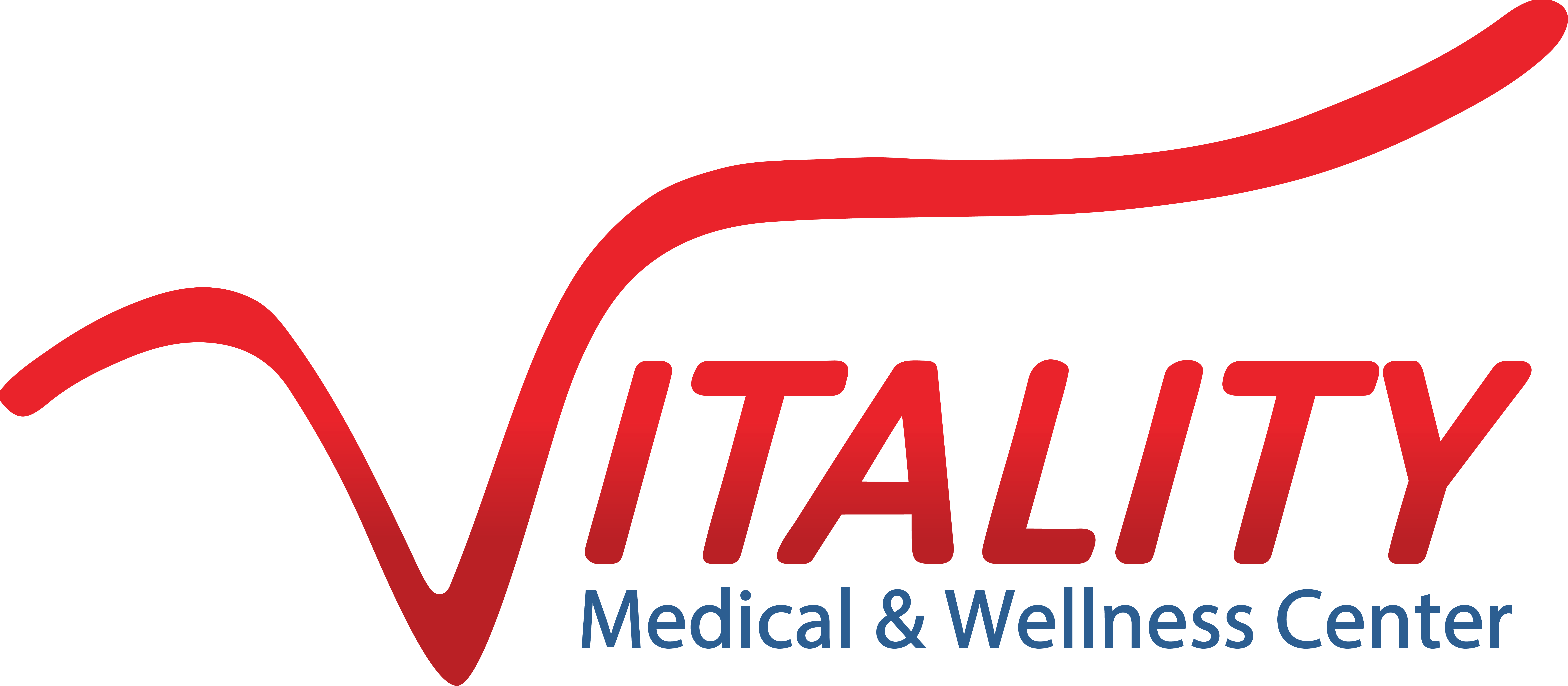Female Procedures, Hormone Replacement Therapy, Male Procedures
May 15, 2015 | 5 minute read
A healthy body, mind, and soul are all intricately connected to a complicated network of checks and balances within the body called hormones. The adrenal system, which controls the production, stimulation, and transfer of hormones, is the most vital component to your health. Hormones are the chemical messengers that control everything from growth, digestion, and blood pressure to puberty, sexual desire, and reproduction. The most common type of hormone imbalances with the largest impact on your body are sex hormone irregularities.
There are two types of sex hormones present in both males and females: estrogen and testosterone. Estrogen is the primary hormone involved in female development, and testosterone is the main component in male development. Too little or too much of either hormone can cause a myriad of health problems.
Estrogen
 Estrogen is the term for the steroid hormone group composed of estrone, estradiol, and estriol. It is commonly known as the “female” hormone, but it is also present in males. In females, it is largely produced by the ovaries and adrenal cortex. In men, the testes produce small amounts of estrogen.
Estrogen is the term for the steroid hormone group composed of estrone, estradiol, and estriol. It is commonly known as the “female” hormone, but it is also present in males. In females, it is largely produced by the ovaries and adrenal cortex. In men, the testes produce small amounts of estrogen.
Females
Estrogen is the primary hormone involved in female sexual maturation and reproductive cycles. It stimulates the ovaries and the growth of the egg follicle, enhances and maintains the uterine wall, and is responsible for the growth of breasts during puberty. Estrogen is linked to improved collagen content and quality of the skin. It works with vitamin D and calcium to prevent bone loss. Estrogen also works with cholesterol to decrease the buildup of plaque in the arteries.
Women with low levels of estrogen may experience one or more of the following:
- Osteoarthritis, joint pain, and swelling/stiffness of the joints
- Short-term memory failure
- Irregular periods, lack of menstruation or ovulation, and infertility
- Bone loss
- Decreased libido
- Low blood pressure
- Fatigue
- Depression
Males
Estrogen plays a minor role in male reproductive health. It is linked to aiding in spermatogenesis and the formation and maturation of sperm. Estrogen in men also has the same impact on the bones and heart as it does in women. Estrogen is necessary in men to close the epiphyseal plate after puberty and to maintain strong bones. It also promotes cholesterol metabolism for a healthy heart.
Men with high levels of estrogen may experience one or more of the following:
- Infertility and low sperm count
- Gynecomastia, the growth of male breast tissue
- Erectile dysfunction
Testosterone
Testosterone is a steroid hormone from the androgen group. It is produced in the testes and adrenal glands in men, and the ovaries produce small amounts in women. Testosterone levels are normally seven to eight times greater in men than in women. It is an essential hormone for the body’s health and well being.
Males
 Testosterone is the primary hormone involved in male sexual maturation and the development of reproductive tissues. During puberty, it is responsible for the creation of pubic, facial, and chest hair, the deepening of the voice, the growth of the Adam’s apple, and increasing bone and muscle mass. Testosterone in men is necessary for normal sperm growth, fertility, and sex drive.
Testosterone is the primary hormone involved in male sexual maturation and the development of reproductive tissues. During puberty, it is responsible for the creation of pubic, facial, and chest hair, the deepening of the voice, the growth of the Adam’s apple, and increasing bone and muscle mass. Testosterone in men is necessary for normal sperm growth, fertility, and sex drive.
Men with low levels of testosterone may experience one or more of the following:
- Decreased libido
- Erectile dysfunction
- Depression
- Fatigue
- Decrease in muscle mass and strength
- Decrease in bone mass
- Increase in abdominal fat mass
- Loss of body hair
Females
Testosterone in women is a vital component in maintaining bone strength and the development of lean muscles. It balances with estrogen to maintain a woman’s sex drive. Testosterone helps maintain high energy levels and prevent fatigue in women.
Women with high levels of testosterone may experience one or more of the following:
- Deepening of the voice
- Breast atrophy
- Hair loss
- Coarse hair growth on the face, chest, and abdomen
- Acne
- Disturbances in the menstrual cycle
Hormone Replacement Therapy
Hormone Replacement Therapy (HRT) is commonly associated with correcting low estrogen levels in women and low testosterone levels in men. HRT uses synthetic hormones to supplement a lack of naturally occurring hormones. It is a common treatment for men of all ages with low testosterone levels and for women who are experiencing early menopause or who have had their ovaries removed.
Pellet implants, which are roughly the size of a grain of rice, are the most bio-identical method to deliver the synthetic hormones. It is placed under the skin and consistently releases small doses of the necessary hormones over a three to six month period. HRT may also be administered intravenously, topically through the use of creams, or orally with a pill.
People who are candidates for HRT have been assessed by a medical professional and have been diagnosed with low hormone levels. It is important to seek medical help if you experience any number of the outlined symptoms of low hormones because it could represent a larger medical issue such as cancer, tumors, or a genetic disease. People should not receive HRT if they have a history of breast or uterine cancer, liver disease, or blood clots.
If you are experiencing any of the signs of low hormone levels, schedule a consultation at Vitality Medical & Wellness today. Cristy Thomas, DNP, FNP-BC, APRN performs hormone testing, diagnosis, and treatment at our Las Vegas office. There is no reason to live with the effects of decreased hormone levels. Call our office today at (702) 731-1200, or fill out our online contact form here for more information.
